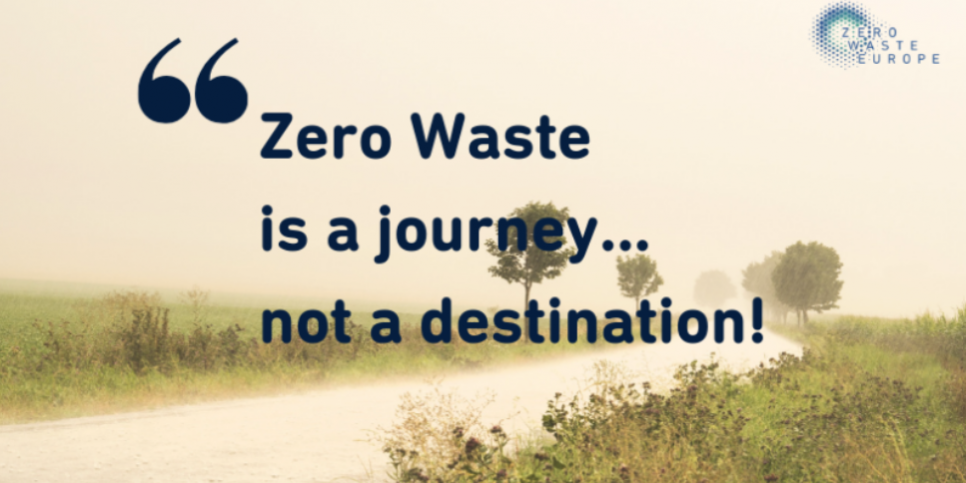In a world where sustainability is becoming a priority, planning a zero-waste vacation is an excellent way to minimize your environmental impact while enjoying new experiences. From reducing waste to supporting local communities, here’s how you can embrace eco-friendly travel practices and ensure your next trip is as sustainable as possible.
1. Select Eco-Friendly Travel Locations
Look Up Green Spots
The first step in organizing a zero-waste vacation is choosing locations that put an emphasis on sustainability. Seek out locations that have a reputation for being environmentally conscious, such as those with robust conservation initiatives, eco-friendly lodging options, and eco-friendly travel strategies. You can find out a lot about sustainable travel destinations by visiting websites like Green Destinations and the Global Sustainable Tourism Council.
Typical Locations:
The UK’s Isles of Scilly are renowned for their low-impact tourism and dedication to conservation.
The Canadian seaside community of Tofino is making significant strides in ecotourism and marine conservation.
2. Select Greenly Friendly Lodging
Remain in Eco-Lodges and Green Hotels
Selecting a lodging option wisely is essential to a waste-free trip. Seek out lodgings with eco-friendly certifications like EarthCheck, LEED, or Green Key. These properties are built with energy-efficient systems, water-saving techniques, and waste-minimization strategies in mind to lessen their environmental effect.
Advice for Selecting Eco-Friendly Lodging:
Examine Reviews: Look for eco-friendly accommodations on websites like Booking.com or Airbnb, and read reviews regarding their sustainability policies.
Get in touch with hotels Straightforwardly: Find more about their energy-saving techniques, local food procurement, trash management programs, and other green activities.
Sample Stays:
The Brando, French Polynesia: An opulent resort committed to environmental preservation that runs on renewable energy.
Furnas Boutique Hotel, Azores: Promotes regional businesses and uses geothermal energy
3. Pack Sustainably
Reduce, Reuse, and Recycle
Packing sustainably is key to minimizing waste on your vacation. Here’s how you can ensure your packing list is eco-friendly.
Reusable Items: Bring a refillable water bottle, stainless steel straws, and a set of reusable shopping bags. These items help reduce single-use plastic waste.
Eco-Friendly Toiletries: Use travel-sized, biodegradable toiletries or refillable containers with your favorite eco-friendly products.
Minimalist Packing: Pack only what you need to avoid overpacking and reduce the amount of waste you generate. Choose multi-use items to minimize the number of products you bring.
Packing List Essentials:
⦁ Reusable water bottle
⦁ Cloth shopping bags
⦁ Bamboo utensils and a reusable coffee cup
⦁ Biodegradable toiletries and eco-friendly sunscreen
4. Employ Eco-Friendly Modes of Transportation
Travel Green – One of the main ways that vacations impact the environment is through transportation. The following advice can help you maintain sustainable travel:
Carpooling and Public Transportation: To lessen your carbon impact, use the bus, train, or carpool. For quick excursions, many cities provide electric scooter sharing programs and bike rentals.
Eco-Friendly Air Travel: If you must fly, pick fuel-efficient aircraft or carriers that offset carbon emissions. Flights with reduced emissions can be found with the use of websites such as Atmosfair and SkyNRG.
Examine Different Transport Options: Discover a place by biking, walking, or driving an electric car. These modes let you get a closer-up look at the location and are also environmentally beneficial.
Sample Advice:
- Get the most environmentally friendly routes by using apps like Rome2Rio.
- Opt for direct flights to reduce the environmental impact of take-offs and landings.
5. Encourage regional and sustainable companies
Consume, Purchase, and Travel Cautiously
One excellent method to make sure your travels have a good effect is to support local companies. Here are some tips for making your spending matter:
Eat Local: Opt for eateries that promote sustainable farming methods and use ingredients that are sourced locally. Steer clear of restaurants serving seafood that has not been accredited by groups such as the Marine Stewardship Council.
Shop Sustainable: Rather than purchasing mass-produced mementos, get souvenirs from regional craftsmen and markets. In addition to boosting the regional economy, this lessens the carbon footprint of imported items.
Join Local Experiences: Take part in tourism-related community-based initiatives that foster cross-cultural dialogue and aid in regional environmental conservation. In addition to improving your travel experience, house stays, workshops, and guided tours also help the community in which you are travelling.
Local Advice:
- Get ideas for eco-friendly eateries and stores from the locals.
- Seek certification labels such as Eco-Label, Fair Trade, or Organic.
6. Reduce Trash and Use Proper Disposal Techniques
Leave No Trace – Taking a zero-waste vacation requires minimizing waste and making sure that it is disposed of responsibly. Here’s how to lessen the amount of waste you produce:
Reduce single-use plastics when purchasing food and drink packages. Instead, use your reusable containers, buy in bulk, and purchase fresh food.
Take Part in Regional Recycling Initiatives: Learn the recycling regulations in your area and dispose of waste properly. There are recycling containers at many locations, and some even have composting facilities.
Get Rid of Waste Correctly: For your garbage, always carry a little trash bag and dispose of it in the appropriate container. Refrain from littering and show consideration for the ecosystem.
Reducing waste can be achieved by carrying a small, reusable trash bag for everyday waste.Seek out facilities for disposing of rubbish or recycling.
7. Engage in Eco-Friendly Activities
Explore Responsibly
Choosing activities that promote conservation and sustainability ensures that your vacation has a minimal environmental impact. Here are some ideas:
Nature Walks and Hikes: Choose trails that are well-maintained and avoid areas with fragile ecosystems. Stick to marked paths to protect wildlife and plant life.
Wildlife Watching: Opt for responsible wildlife tours that follow ethical guidelines and do not disturb animals. Organizations like the World Wildlife Fund (WWF) and local wildlife conservations often have recommended tours.
Participate in Conservation Efforts: Join beach clean-ups, tree planting events, or local conservation projects. These activities are a great way to give back to the community and help preserve the environment.
Activity Ideas:
⦁ Join a guided eco-tour that focuses on local flora and fauna.
⦁ Participate in community projects like mangrove restoration or coral reef cleaning.
Final thoughts
Organizing a zero-waste vacation involves more than just cutting back on waste – it involves adopting a lifestyle that prioritizes environmental protection, sustainability, and community involvement. You can make sure that your travels have a beneficial effect on the environment and the people you visit by selecting eco-friendly destinations, lodging in sustainable accommodations, packing sensibly, and shopping locally. So, set off on your next journey with a clear conscience, understanding that little by little, you are changing the world. Let’s make this, the year that we traveled more sustainably, intelligently, and environmentally than ever before!






